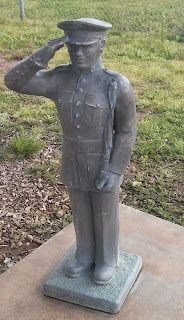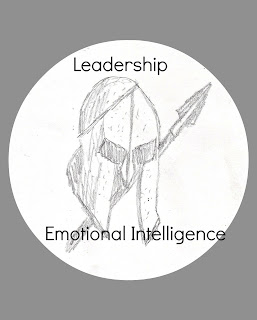Authority is accompanied with power, and this can be an irresistible aphrodisiac. It is so intoxicating that people continually seek to gain higher levels of authority through wealth, social position, and power accumulation. Positions of power should come with responsibility, and those who do not have the right kind of values should not be entrusted to direct others. People in power positions set the standards for others and can have an enormous impact on acceptable behaviors among their charges.
A study focusing on disengagement theory found that managers who pushed others to engage in misreporting had a direct impact on the moral performance of their subordinates (Mayhew & Murphy, 2014). Supervisor requests were met with willing subordinates who misreported more, rationalized their unethical behavior and didn't feel that bad about it.
Immoral bosses changed the perspective of their subordinates to the point where they no longer could have any remorse. As unethical behavior becomes embedded into the organizational culture, it creates expectations. For those who “play by the rules,” it can seem like an unfair disadvantage.
Performance metrics becomes to define the individual. Companies that do not concern themselves with how these metrics were achieved will find themselves engage in more immoral activities. Whether the metric is associated with sales or production, the result should include an expectation of ethical behavior in its achievement.
All organizations, whether public or private, should seek to recruit and develop authority figures with moral sentiments. When tough decisions need to be made it is those with an internal moral compass who can make the right choices while those who are self-seeking and need external gratification will be more likely to support unethical behavior. The values of the authority figure will soon spread to their subordinates and create a new way competing.
Mayhew, B. & Murphy, P. (2014). The impact of authority on reporting behavior, rationalization and affect. Contemporary Accounting Research, 31 (2).





